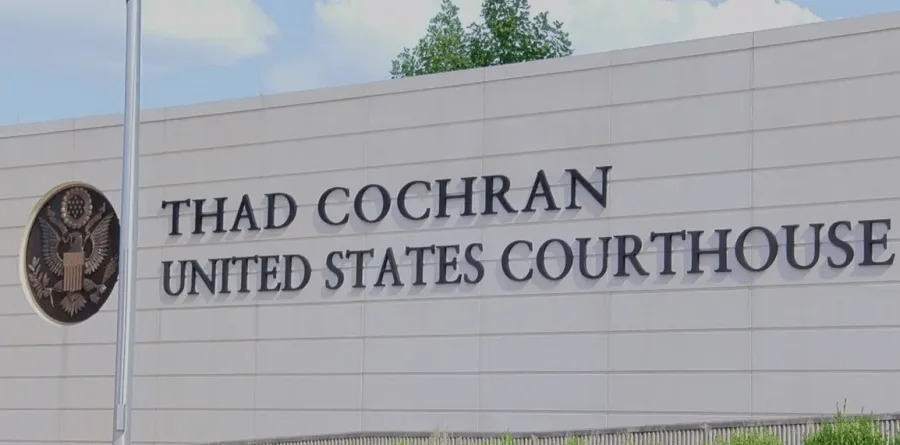
Two Hoosier universities — Purdue and DePauw — were given a "green light" by a First Amendment advocacy organization for written policies that do not seriously threaten student expression.
Each year, the Foundation for Individual Rights and Expression ranks 490 public and private universities on whether their policies respect students' free speech rights. Seven Hoosier universities were rated: Indiana University, Purdue University, Notre Dame, Indiana State, the University of Southern Indiana, Ball State University and DePauw University.
The organization grades universities using a "traffic light system." A "red light" rating means an institution is believed to substantially restrict free speech; a "yellow light" means policies are vaguely written and could violate rights; and a "green light" means a university is in the clear.
Of the 490 schools included in FIRE’s Spotlight database, 72 (14.7%) earn an overall “red light” rating for maintaining policies that clearly and substantially restrict free speech. Three hundred and thirty-seven (68.8%) earn an overall “yellow light” rating for maintaining policies that impose vague regulations on expression. And 73 (14.9%) earn an overall “green light” rating for maintaining policies that do not seriously imperil free expression.
The University of Notre Dame and Indiana State University each received "red light" ratings; three other Hoosier colleges received "yellow light" ratings.
Universities receive an overall rating as well as a grade on set policy areas, such as language regarding the right to expression, non-discrimination, university computing misconduct and sexual harassment.
Green light: Purdue and DePauw
FIRE gave the Purdue system and DePauw both positive green scores. DePauw's policies were all cleared, while Purdue had one policy flagged with a yellow warning.
Yellow light 'with a lot of controversy': Indiana University
While IU was given the middle-tier ranking for its speech codes, FIRE has repeatedly criticized the university for its campus free expression climate.
In separate free expression rankings released in September, FIRE and College Pulse ranked the university as having a "poor" speech environment and ranked it 243rd out of 257 universities. IU was one of eight universities for which FIRE produced an individual spotlight report, which spanned 29 pages.
"Since 2021, FIRE has recorded two deplatformings of invited speakers, one attempted disruption of a speaking event, four incidents when scholars were sanctioned, and three incidents when students or student groups were sanctioned," a recent report said.
As for the July report, FIRE flagged five of IU's policies with a yellow ranking, and three were given green lights.
Yellow light: Ball State and USI
Ball State and the University of Southern Indiana both had yellow overall rankings with a mixture of yellow- and green-rated policies.
Red light: University of Notre Dame
Notre Dame received a red light rating overall due to its data and information technologies policy, which polices how students behave on the university's online network.
FIRE flagged an excerpt that says students should never use university resources to view or post "obscene, pornographic, sexually explicit, or offensive material," unless it's for an approved purpose. In a blanket explanation, the organization said internet usage policies should instead ban unlawful conduct or online activities that violate other policies.
Four other policies received yellow light warnings, and three had positive green-light scores.
Red light: Indiana State University
Indiana State was dinged for its non-discrimination and anti-harassment policy. FIRE flagged two excerpts in the prohibited harassment section as problematic.
The first includes multiple mistakes, according to FIRE:
"The behavior must create a hostile environment from both a subjective and objective perspective and must be so severe, persistent, or pervasive that it unreasonably interferes with, limits, or deprives a member of the community of the ability to participate in or to receive benefits, services, or opportunities," the policy reads. "Hostile environment harassment is defined as unwelcome verbal or physical conduct ... that has the purpose or effect of substantially interfering with the individual’s educational or work performance."
In guidance regarding university harassment policies, FIRE said universities should stay away from defining harassment as the creation of a hostile environment established after reaching a threshold of “severe or pervasive” and "objectively offensive." The organization said such a policy can stymie discussion of especially contentious topics and punish students for offensive but protected speech.
It also said some policies pull language from workplace standards. FIRE said this is not applicable since speech rights for students and employees vary "tremendously."
FIRE also flagged Indiana State's list of prohibited harassment, which specifies "offensive jokes, slurs, name calling, intimidation, ridicule, mockery, or displaying or circulating offensive objects and pictures" as violations. FIRE said behavior included in this list could show a pattern of harassment, but most of the time those actions are protected speech.
Four other policies were flagged with a yellow warning, and three got the green light.
The board of trustees also recently amended its right of expression policy to reemphasize that the university "is committed to free and open inquiry in all matters." It adopted "the Chicago statement," language that universities have widely adopted to symbolize their commitment to free expression.
Indiana colleges have maintained their respective ratings for the past three years. The last time a Hoosier university saw a change was when Indiana State moved from yellow to red in the 2022 report.
The USA TODAY Network - Indiana's coverage of First Amendment issues is funded through a collaboration between the Freedom Forum and Journalism Funding Partners.
Have a story to tell? Reach Cate Charron by email at [email protected], on X at @CateCharron or Signal at @cate.charron.28.
This article originally appeared on Indianapolis Star: Purdue, DePauw get high ratings in free speech policies report








Comments